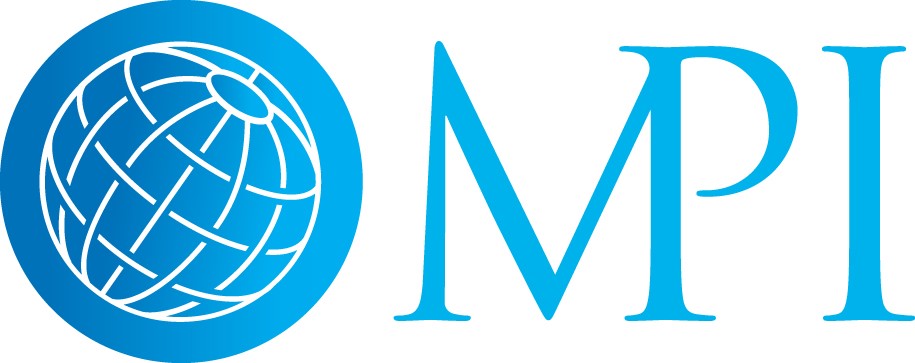Jennifer Juergens has been writing about the meeting, event and incentive industries for more than three decades. Today she mixes up writing with substitute teaching in the Orlando public school system, teaching swimming to children and adults–and making pottery.
A SPECIAL SECTION BROUGHT TO YOU BY MEETING PROFESSIONALS INTERNATIONAL

“The conference costs what?” That may be the first sentence a potential attendee hears from her boss when asking to attend a conference, training or networking event.
So, despite all the hard work you’ve put in securing that famous keynote speaker, the terrific educational breakouts and the great networking opportunities, whether or not the attendee can actually attend may simply come down to dollars and cents.
Focus on the Benefits of Meeting Attendance
To help attendees communicate the benefits of attending your meeting to their bosses, provide a list of what’s on the agenda—but it’s got to be all about what they’re going to get out of attending and what they’re going to take back with them to help their day-to-day productivity and/or that of the organization.
“Meeting planners not only have to pay a lot of attention to content, but what are people really going to take away from the meeting?” says Joan Eisenstodt, founder of Washington, D.C.-based Eisenstodt Associates, a meeting consulting, facilitation and training company. “I’ve done this with printed and online brochures: ‘Here’s specifically what you’re going to get by coming to the meeting.’ And once they are at the meeting, I give them a worksheet on what they’ve learned, how they are going to use the information and how it’s going to impact their businesses.”
In the LinkedIn post “10 Steps to Maximize Your ROI at Microsoft Inspire,” Microsoft partner development manager Justin Slagle explained how conference attendance can be a big monetary commitment.
“By the time that you factor in the cost of the registration, employee salaries, travel expenses and opportunity loss from being out of the office, it’s easy to see how attending Inspire can set you back $20,000+,” Slagle wrote. “However, those that plan properly can see a 10-100 times return on that investment!”
For another conference, Microsoft Ignite, the company tweeted an offer of attendance-justification assistance. The link included a letter explaining how attendees would meet other tech professionals, learn about leading tech in hundreds of hands-on demos and connect with experts.
Microsoft is not alone in helping their attendees justify the meeting to their higher ups. The National Association of Student Financial Aid Administration and the American Society for Biochemistry and Molecular Biology also have similar letters potential participants can give to higher ups to justify attending their annual conferences.
“I think using a [templated] letter can be used as an idea,” Eisenstodt says. “But I’d be careful if several people in one company plan on sending that same letter to the boss. If I was a manager, I’d want to know what they are planning to attend, what specifically they plan to get out of it and suggest an employee do a written report so that others in the organization can benefit from what they’ve learned.”
Market the Meeting Destination
One of the mistakes meeting planners make to justify the meeting, Eisenstodt notes, is marketing a destination as fun.
“It’s great if you can take the family to a particular destination but meeting planners need to look beyond the fun factor,” she says. “We need to help the organization look at the destination and ask, ‘What is in that destination that will contribute to their learning?’ Find like businesses and take them to see a business like theirs. If it’s a manufacturing company, take people to another manufacturing company.”
“In Daniel Pink’s book A Whole New Mind: Why Right-brainers Will Rule the Future, he points out that medical schools and law schools are taking students to art museums to become more observant. They use it as a teaching opportunity.”
NewCo Bay Area Festival in San Francisco adopted this format for their February 2017 event by mixing sessions with a field trip-style format allowing attendees to sign up to visit area companies such as LinkedIn, Pandora and Paypal.
“Attendees want peer-to-peer learning. As meeting planners, we need to intentionally design the meetings and let attendees know how we’re going to help them connect with peers to help them solve problems,” Eisenstodt says.
Finally, Eisenstodt adds, follow up with attendees and get testimonials to use in marketing next year’s meeting.
5 Additional Tips to Help Attendees Justify Coming to Your Meeting
- Potential attendees will need to do research on the conference: Give them as much information as possible on speakers, sessions, networking opportunities and what they’ll get out of each.
- Let them know who else will be at the conference—and from what companies (for possible networking opportunities).
- Give them a sample letter they can give to their bosses (point out that it should only be used for ideas, not verbatim).
- Add testimonials from previous years’ attendees they can show their higher ups.
- Suggest they offer to share any knowledge they’ve gleaned from the meeting with other employees—and help them to do so.
Jennifer Juergens has been writing about the meeting, event and incentive industries for more than three decades. Today she mixes up writing with substitute teaching in the Orlando public school system, teaching swimming to children and adults–and making pottery.